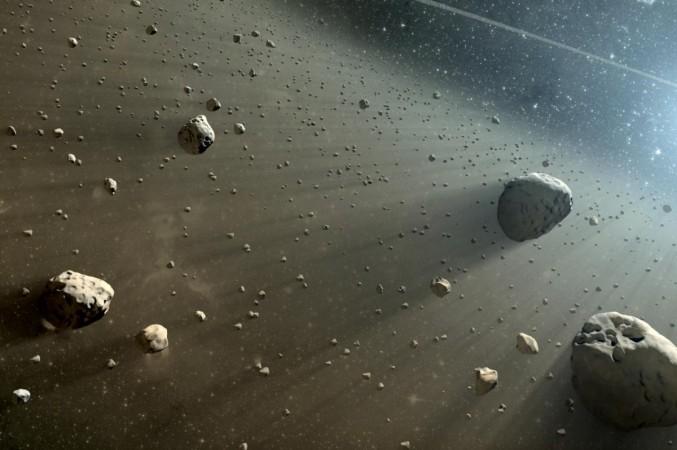The week that just passed us was an exciting one, with several science announcements and discoveries and developments. It is not easy keeping up with all the science and space news on a daily basis so here is a quick round up of all the biggest highlights and news stories that made the headlines in the last seven days.
Volcanic music- the world's largest pipe organ
Geologists studying the Cotopaxi volcano in central Ecuador found that the crater floor, after it fell into the lava tubes below, started to behave like a windpipe with the changing lava levels, the pressurised, high temperature air trapped inside and the way the rising lava before an eruption was making strange reverberations. Using such sound patterns, scientists believe that it could be possible to make it an early warning system as each volcano has its own voice and frequency with which it creates "music".
Vaping can actually move even hardened smokers away from cigarettes
For those who want to quit smoking, vaping was found to be a viable alternative that was more pleasurable as well as comparatively healthy. This study was carried out by researchers in the University of East Anglia and it was found that people who switch from cigarettes to e cigarettes could effectively quit, but said that it is still a controversial move. Vaping is also 95 percent less harmful than tobacco say the researchers.
Wild animals are turning nocturnal just to get away from humans
Mammals around the world are going nocturnal and now carry out most of their activities in the night, they are moving away from the day time just so that they can keep away from human beings. This "powerful and widespread process" was found to exist in not just a few isolated patches, but pretty evenly across the planet.
NASA has announced that it is preparing to defend the Earth against asteroids and comets
A "preparedness strategy" has been announced by NASA where they have started to develop ways and technology intended to protect the Earth from falling space rocks. Extinction level impacts have happened before and is likely to happen again, so the space agency wants to make sure that there is some plan in place should they see any asteroid hurtling towards Earth.
Antarctica's ice shelves will get more stable as the bedrock found to rising
Antarctica's ice shelves are falling into the sea rapidly, ocean waves are crashing into the walls, global warming is thinning out the ice from above and melt ponds are shredding the ice from inside, but as a result of all this, the weight pushing down on the ground by the literal kilometres of ice above it has been found to get lighter year after year. This means the semi-solid, almost liquid mantle is pushing back up and lifting the ice. This will offer more stability to the shelf over all.
The storm on Mars has now completely covered the planet
The Martian dust storm that was reported a few weeks back has finally grown large enough to completely cover the whole planet. There is one storm as big as the planet of Mars throwing dust around right now. The Opportunity rover is likely to get too cold to survive, but Curiosity is doing well, sending back images from the Martian surface.
Here are a few more stories that did not make the cut: SpaceX Falcon heavy got its first government order from the USAF. Alcohol addiction can literally rewire your brain. Robots that can be controlled by the mind of the user makes it easier to learn to use. Invisibility cloak that can mask a person is only 10mm thick and made of silicone.

















